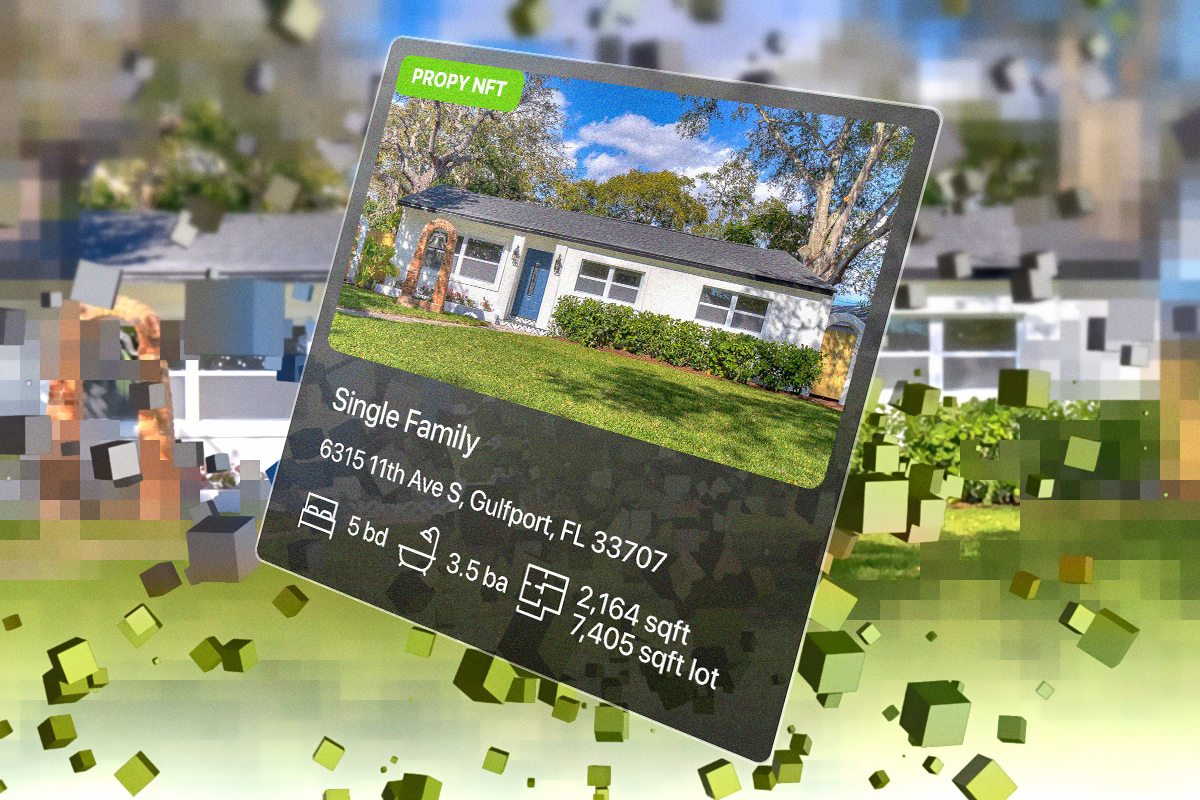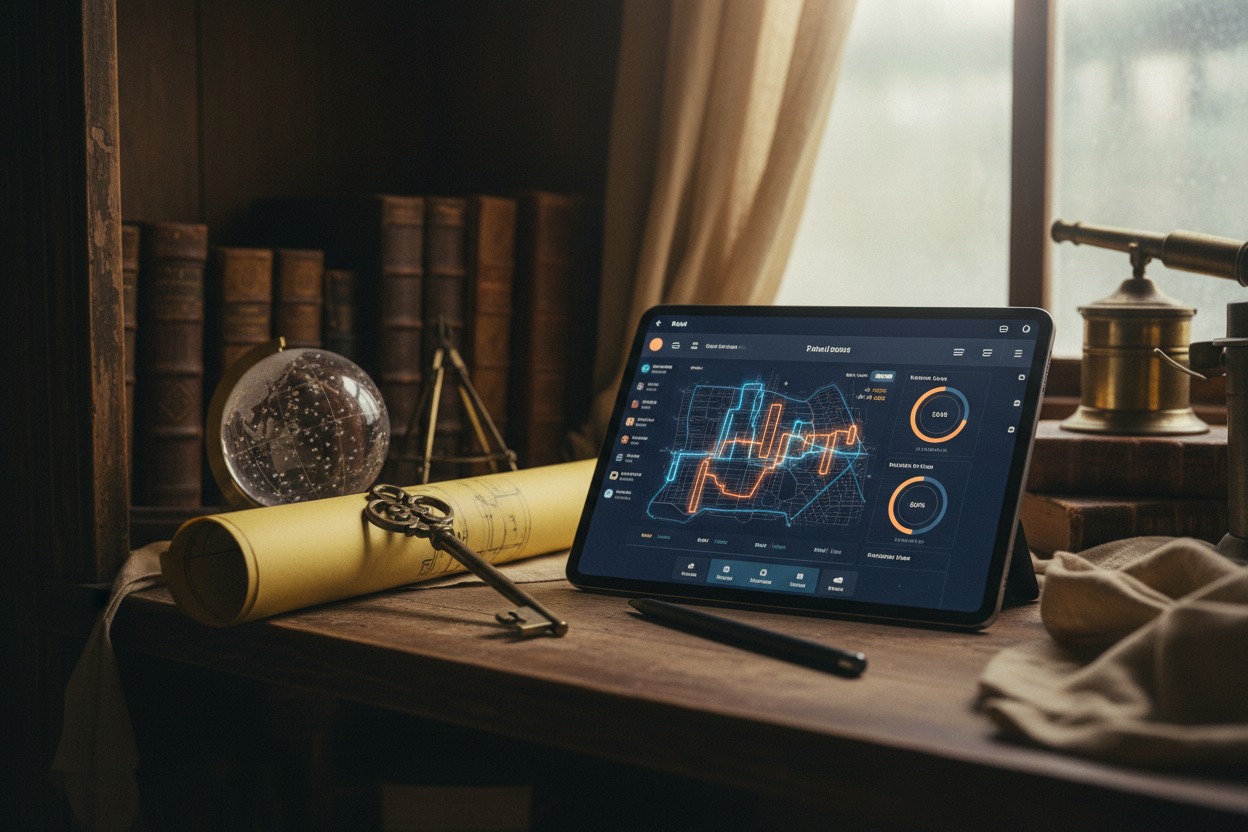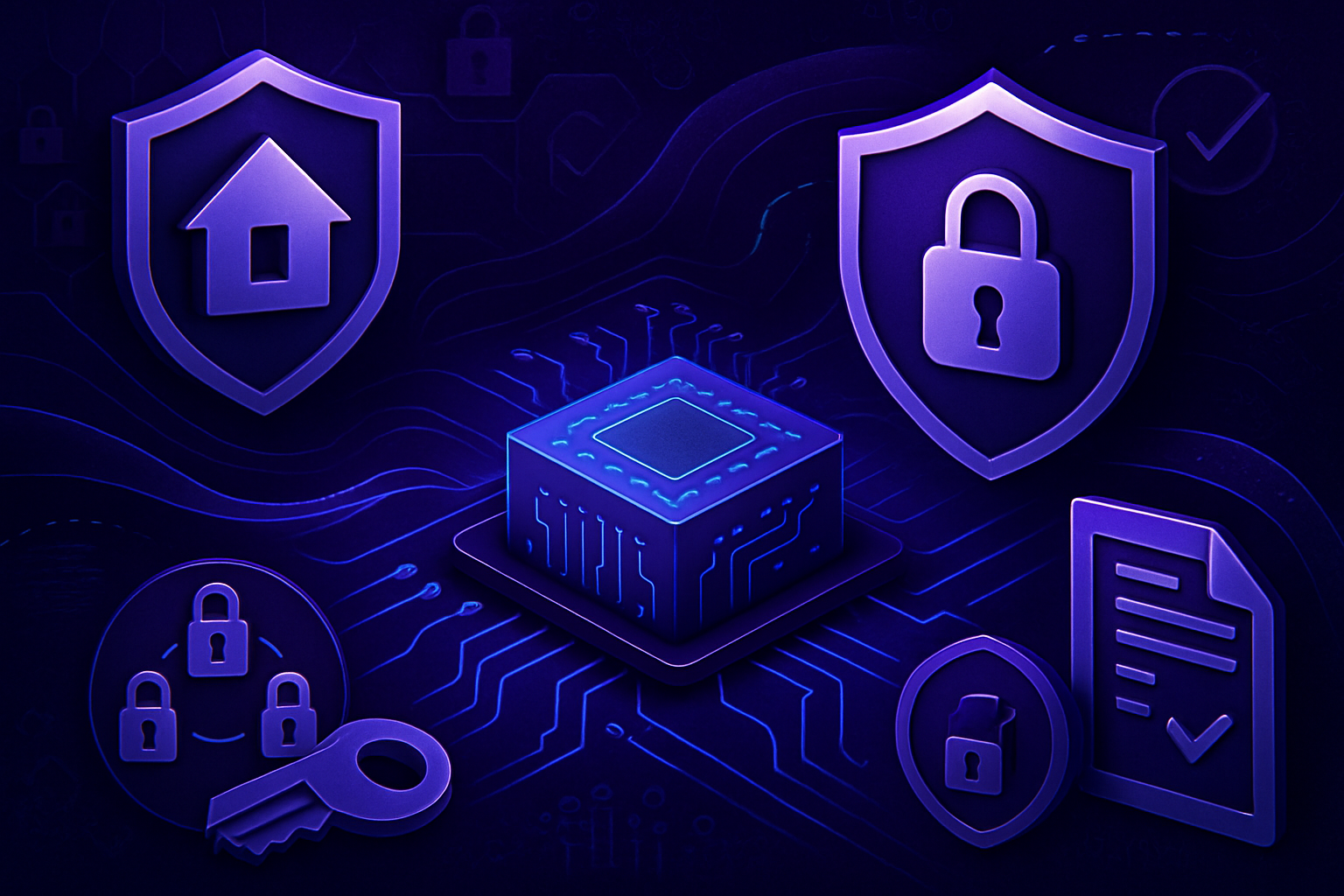
Real estate has always been the domain of high barriers and slow-moving transactions. But today, PropertyNFTs are rewriting the rules for on-chain real estate rentals, making property investment and rental markets more accessible, transparent, and streamlined than ever before. In 2025, we’re seeing a pronounced shift: blockchain-based property tokens are no longer just a theoretical innovation, they’re powering real-world rental agreements, fractional ownership models, and global access to property income streams.

Fractional Ownership: Lowering the Barriers to Entry
The traditional real estate market has long favored those with significant capital and legal expertise. PropertyNFTs are changing this dynamic by dividing ownership into digital tokens, each representing a fraction of a property. This means investors can now buy into real estate with far smaller amounts than previously possible, sometimes for as little as the price of a single token.
Platforms like Property Holders and Closin exemplify this trend by enabling individuals to invest in shares of residential or commercial properties. The result? A democratization of access that allows retail investors worldwide to participate in rental income streams that were once reserved for institutional players or wealthy individuals. As highlighted in our deep dive on how PropertyNFTs are transforming on-chain rentals, this model is reshaping what it means to be a landlord in the digital age.
Smart Contracts: Automating Rental Agreements
One of the most groundbreaking aspects of PropertyNFTs is their integration with smart contracts. These self-executing contracts, encoded directly onto the blockchain, automate everything from lease terms to rent payments and security deposits. For landlords, this means less paperwork and fewer intermediaries; for tenants, it translates into transparent terms and instant access to immutable records.
The Renta Network offers a compelling case study here: its platform uses smart contracts to execute rental agreements securely and without manual intervention. This not only reduces administrative overhead but also significantly lowers the risk of disputes or fraud. In fact, tokenized rental agreements can even enable innovative features like automated late fee enforcement or dynamic rent adjustments based on predefined triggers.
Security and Transparency: Building Trust On-Chain
No discussion about blockchain property rentals is complete without addressing security. With millions at stake in tokenized assets, platforms are investing heavily in advanced protocols. Renta Network’s partnership with Naoris Protocol brings decentralized security features to web3 rentals, safeguarding user data while ensuring compliance with local regulations.
This focus on security extends to data storage as well: collaborations with Web3 infrastructure providers like 4EVERLAND guarantee that NFT ownership records and rental agreements remain tamper-proof and permanently accessible on-chain. The combination of transparency (every transaction is visible on the blockchain) and robust security measures creates an environment where both landlords and tenants can transact with unprecedented confidence.
The impact? More efficient markets, lower risks for all participants, and a new standard for trust in decentralized property rental ecosystems.
Beyond security, the transparency inherent in blockchain systems is driving a cultural shift in how property rentals are managed. Every transaction, from fractional token purchases to rent payments and lease renewals, is recorded on-chain. This auditability eliminates ambiguity, empowers tenants with verifiable proof of payment or agreement terms, and offers landlords a tamper-resistant ledger for compliance and reporting. As a result, disputes are easier to resolve and trust is no longer just a handshake, it’s cryptographically guaranteed.
Real-World Impact: Global Access and Instant Settlement
The practical benefits of PropertyNFTs are already evident in real-world deployments. Platforms like Roofstock onChain have demonstrated that entire single-family homes can be bought and sold as NFTs, with ownership transferring instantly upon settlement. This is not just a technical feat, it’s a paradigm shift that compresses what used to be weeks of paperwork into minutes.
For investors, this means global access to property markets without the friction of cross-border transactions or local legal hurdles. For renters, it opens up new models such as short-term NFT-based leases or even secondary markets where rental rights themselves can be traded peer-to-peer. The increased liquidity also attracts more participants, both large institutions seeking yield and individuals looking for diversified income streams through tokenized real estate income.
Challenges Ahead: Legal Frameworks and Mass Adoption
Despite rapid progress, there are still hurdles before PropertyNFTs become ubiquitous in decentralized property rental. Regulatory clarity remains patchy across jurisdictions; questions about enforceability of smart contracts or recognition of NFT-based ownership persist in many regions. Onboarding mainstream users also requires intuitive interfaces and robust education around wallet management and digital identity.
Yet the momentum is undeniable. Industry collaborations between Web3 security firms, infrastructure providers, and regulatory bodies are accelerating best practices for compliance and user safety. As the technology matures, and as more success stories emerge, expect adoption curves to steepen dramatically.
Key Advantages of PropertyNFTs for Landlords & Tenants
-
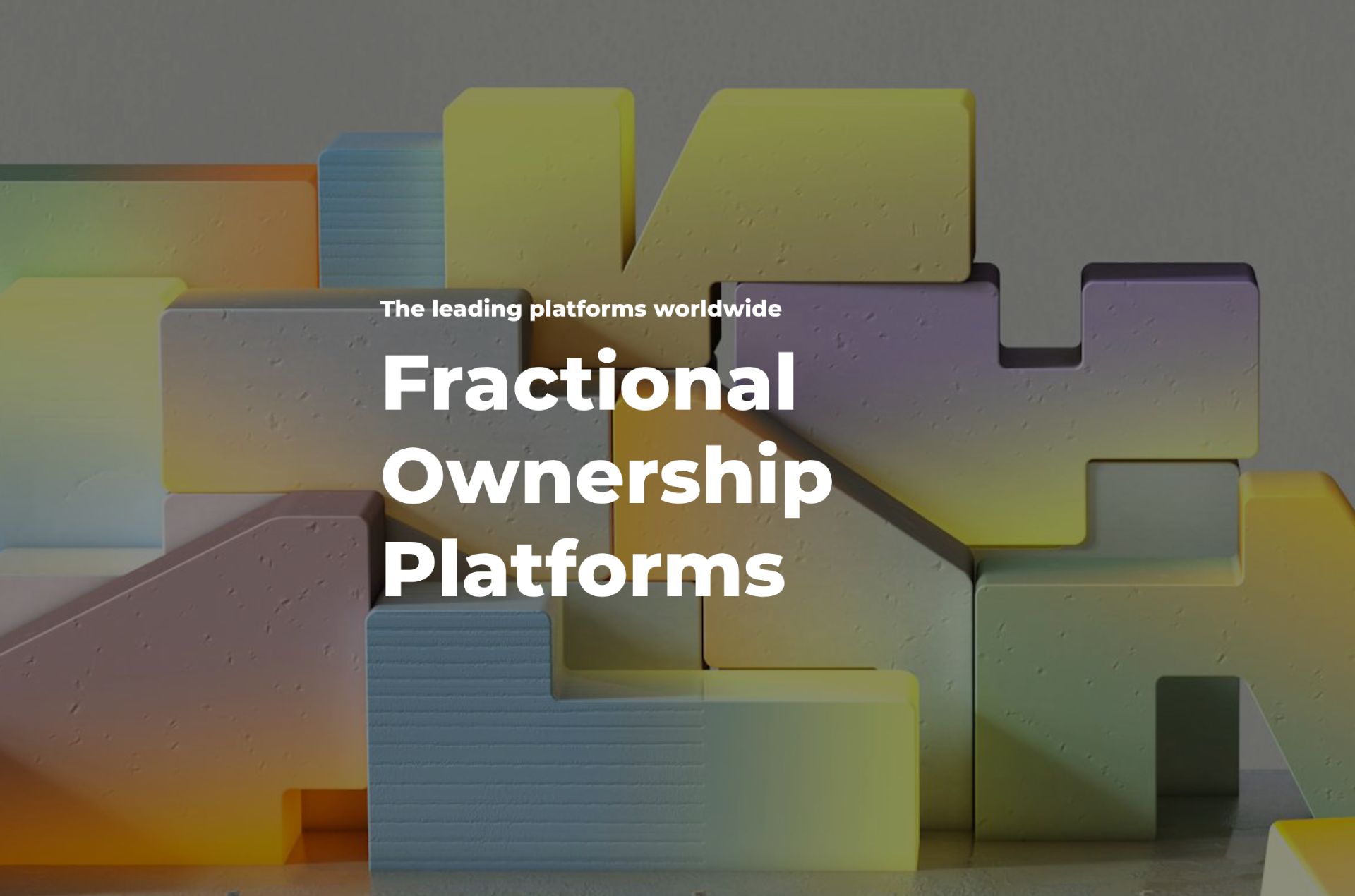
Fractional Ownership & Accessibility: PropertyNFTs divide real estate into digital tokens, letting investors buy fractions of properties. Platforms like Property Holders and Closin make it possible for individuals to invest with smaller amounts, democratizing access to real estate.
-
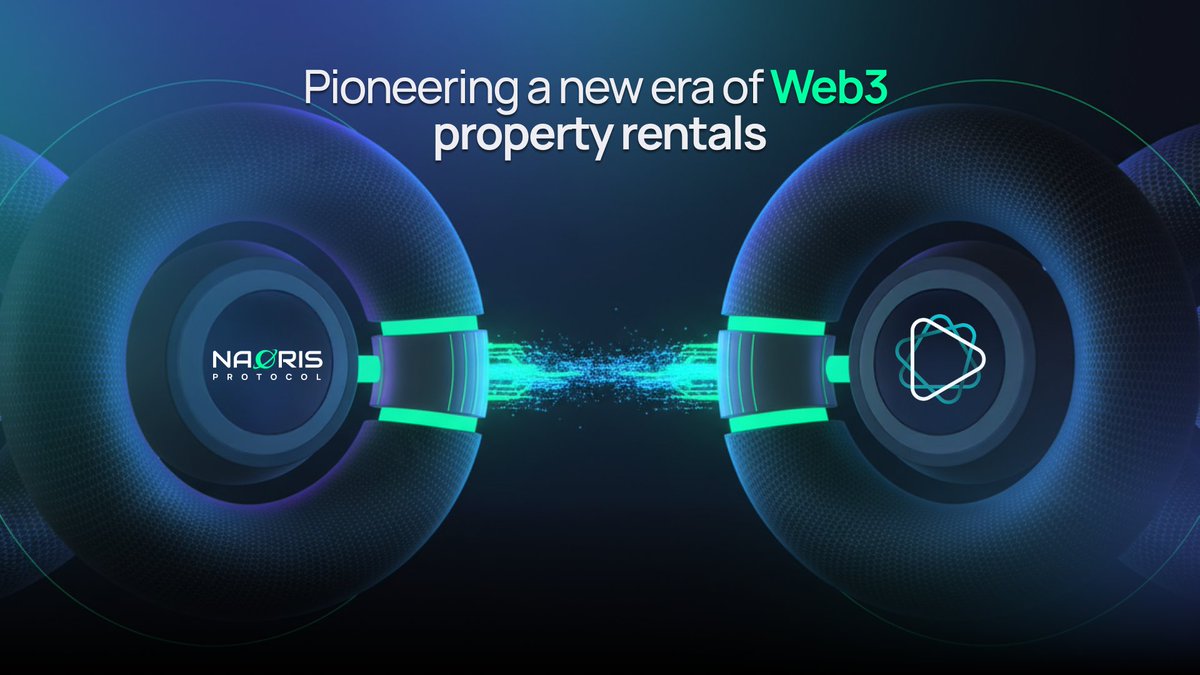
Automated Rental Agreements: Smart contracts embedded in PropertyNFTs automate rental processes, reducing intermediaries and human error. Renta Network uses these contracts to execute transparent, tamper-proof rental agreements for both landlords and tenants.
-
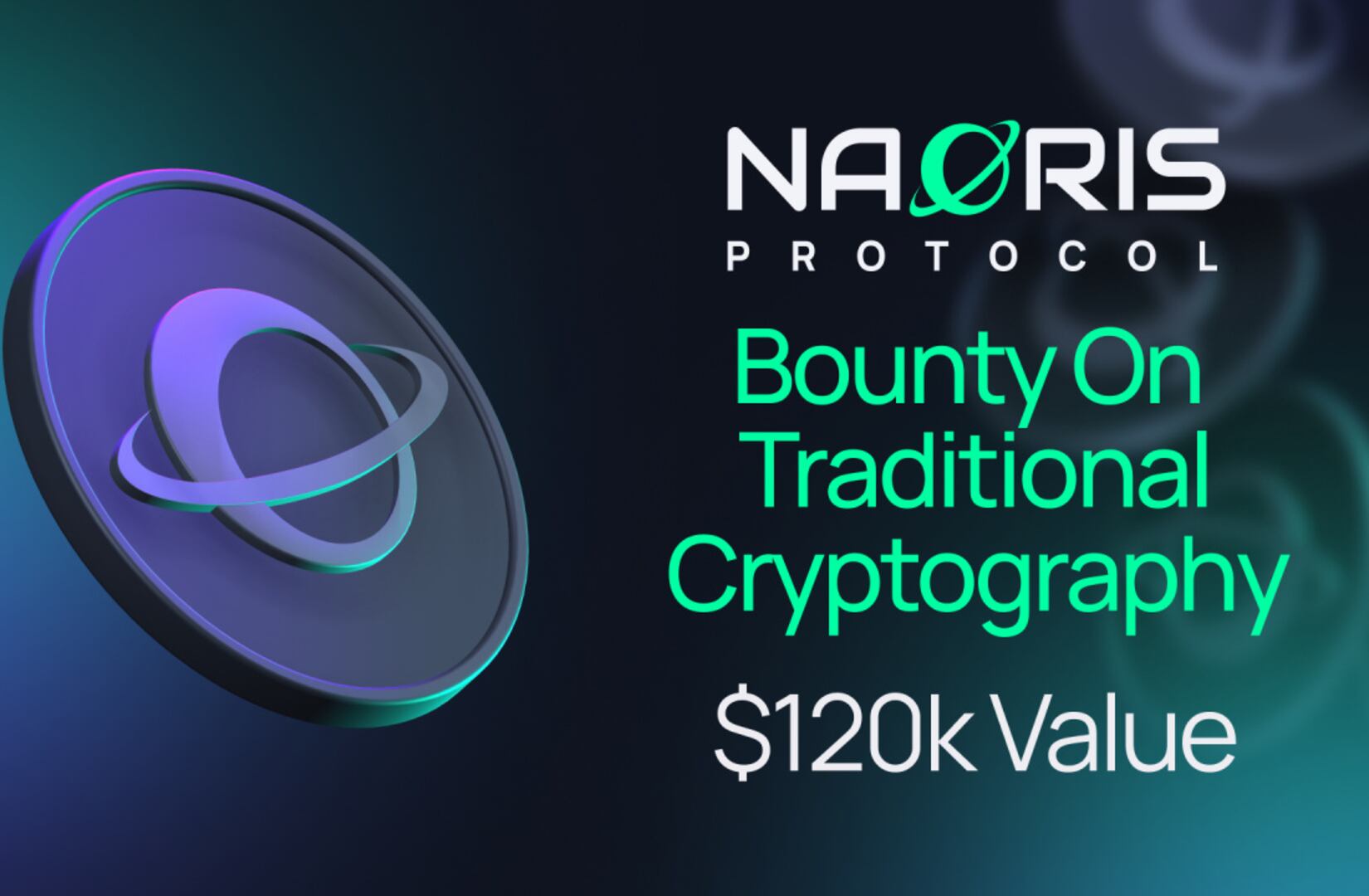
Enhanced Security & Transparency: Advanced security protocols, such as those from Naoris Protocol and 4EVERLAND, protect user data and ensure compliance, while blockchain transparency builds trust in every transaction.
-

Instant Settlement & Global Reach: Platforms like Roofstock onChain enable instant property sale and settlement via NFTs, streamlining transactions and opening real estate investment to a global audience.
What’s Next? The Future of Tokenized Rentals
The evolution of PropertyNFTs signals more than just incremental improvement, it’s a radical reimagining of real estate’s operating system. Imagine dynamic rental marketplaces where smart contracts automatically adjust rates based on supply-demand data, or global portfolios managed seamlessly from a single dashboard.
As token standards evolve and interoperability increases between platforms, expect even greater flexibility: bundled tokens representing both equity stakes and rental rights; automated compliance checks; modular upgrades to smart contracts without disrupting tenant experiences.
This trajectory points toward an era where anyone can participate in property markets, whether investing $100 or renting an apartment across continents, with the same level of transparency, efficiency, and security once reserved for only the largest institutions.
For those ready to explore this new frontier further, our ongoing coverage at how PropertyNFTs are transforming on-chain rental markets dives deeper into case studies like Renta Network’s model, and the broader implications for decentralized property ownership worldwide.



